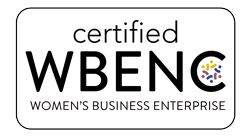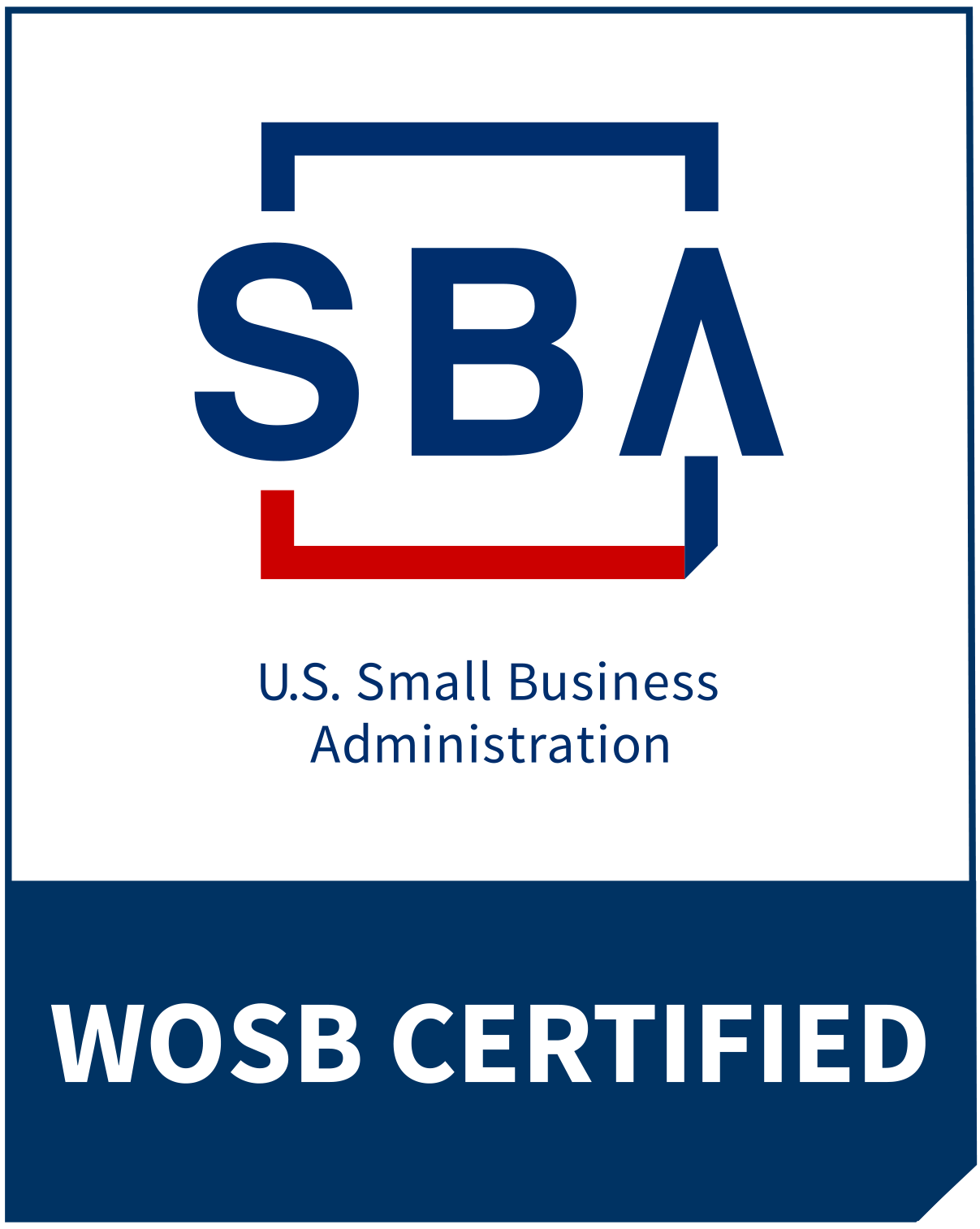Best practice is a term used a lot in the events industry but what constitutes best practices can differ greatly from organization to organization. The event planning industry allows for a great deal of creativity from our planners and produces while at the same time requiring us to figure out new and complicated challenges on a daily basis. This is half of the fun for us! But it also allows for event planners to become set in their ways of what works for them. This isn’t necessarily a bad thing; experience matters in our industry and we should value that hard-earned wisdom that so many have.
Last year I found myself wanting to broaden my perspective on the larger events industry and tap into that earned wisdom from my peers. I wanted to challenge my assumptions about what I thought was the right way to do things, I wanted to put my hard earned wisdom on the table and see how it stacked up and I wanted to see if I could learn to do things better.
I began my foray into the acronym soup that is the continuing education landscape for the events industry professional. A quick Google search will give you a dozen different certifications from a dozen different organizations and it can be confusing as to where to start. The three certifications that seemed to get the most discussion and were the most requested on job postings were the CMP, CSEP and CGMP.
- The Certified Meeting Planner (CMP) is hosted by the Events Industry Council (EIC).
- The Certified Special Events Planner (CSEP) is hosted by the International Live Events Association (ILEA).
- The Certified Government Meeting Planner (CGMP) is hosted by the Society for Government Meeting Professionals (SGMP).
I was drawn to the Certified Special Events Planner for two main reasons.
- A lot of my experience in the events industry is within the festival, concert, and athletic event side of the industry and I consider myself a Special Event Producer more so than a meeting planner.
- ILEA does not require earning multiple continuing education credit units prior to sitting for the exam.
ILEA does require three years of verified professional experience before taking the exam and when I sat for the exam I was very happy that I had much more experience than just three years.
ILEA is currently redeveloping the exam format for 2020 to achieve a variety of goals they have set for itself and my experience with the exam will differ than someone taking it in the future. Let me start with what the exam was before delving into what the exam will be.
Studying
ILEA provided a small packet of study materials for the exam and it was very worthwhile to review this information. It was less than I was expecting to receive, and this left me a little bit nervous. The exam is largely based on your experience in the industry, but I would have been comforted by more information and guidance on the exam. I strongly recommend reaching out to local CSEP holders to get more guidance on what to expect with the exam. In lieu of this, I studied the materials provided quite extensively.
Exam
When it came time to sit for the exam, I took it at a testing location in Northern VA. There are several times throughout the year that you can take the exam; I found the number of locations and times to be very convenient. The exam itself takes five hours so you should expect to take some time off from work for this. The exam consisted of a 120 multiple choice questions over 90 minutes and an essay portion of the exam that took the other 3.5 hours. For the essay, I was given two different event scenarios to pick from, and then had to answer 11 essay questions on the scenario.
The multiple-choice questions covered a wide variety of topics: general event planning, contracts, budgeting, logistics, theatrical knowledge, transportation, technical production, safety and security, and many more. Because of the number of questions and the time limit, you don’t have a lot of time to ponder each question. I took the approach of answering what I knew outright, debating quickly when I could narrow down the answer to two choices, and then leaving ones that I knew would take more thought. I was able to answer every question and give each the time that I needed for it. Do not get stuck on any single question early on; you don’t want to be rushing at the very end.
The essay portion of the exam is going away, and for what it’s worth I think that’s a mistake by ILEA. I found this part of the exam truly made me prove my understanding of the events industry. There’s no way to cram for this part of the test, it’s not about memorizing terms or being able to “test well” by implementing good test taking strategies. The essay portion required critical thinking skills and made me demonstrate a comprehensive understanding of how to plan an event. I think keeping this bar high is important for the integrity of the certification and the essay portion does that.
How did I do?
Well, I’m happy to say that I passed. It took a couple of months for ILEA to get back to me with the results of the exam and I think this is one of the primary drivers of the test restructuring. Finding CSEP volunteers to grade exams is likely a challenge and I applaud ILEA for working to constantly improve its testing procedures and serving as a leader in the industry for establishing best practices.
In uncertain times like we are in now it’s important for industry professionals to have a community to rely on and guideposts as to how to conduct ourselves and our businesses. Undoubtedly there will be many collective lessons learned from the industry now and I hope that ILEA is able to capture these learnings in future versions of the exam.
I highly recommend this exam for industry professionals. Please don’t hesitate to reach out if you’re signed up for it or thinking about it signing up.





